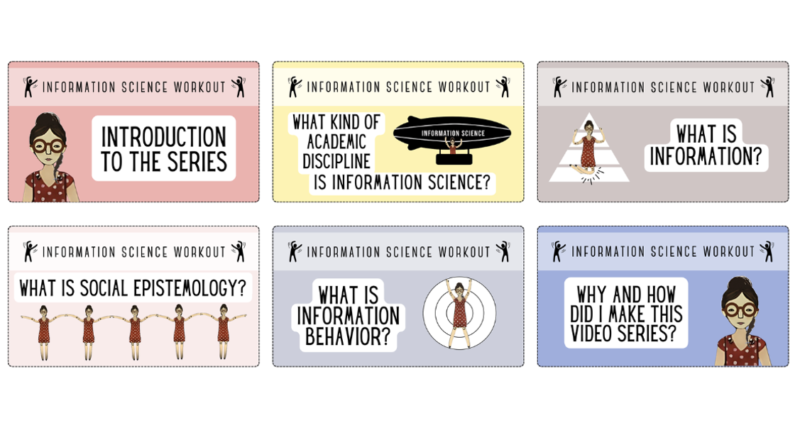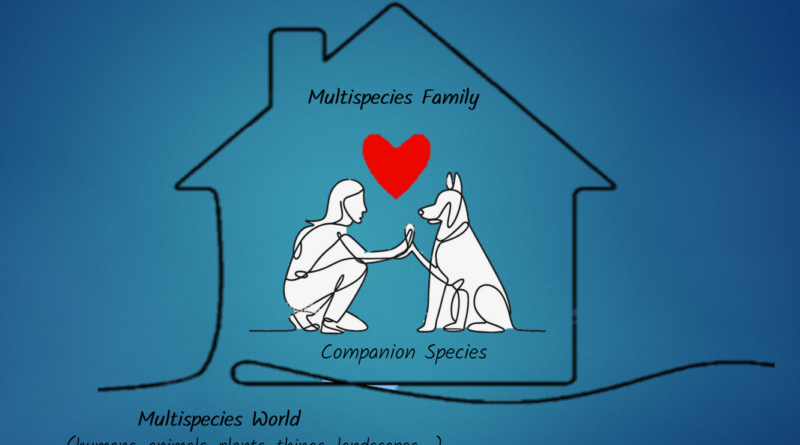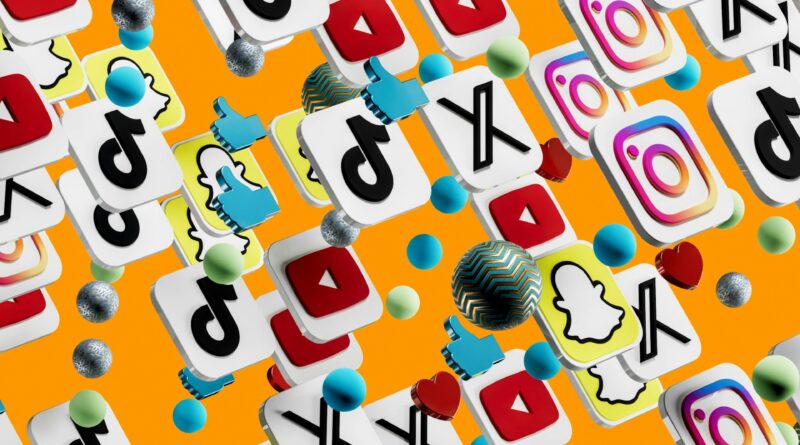Developing Professional Skills for the Workplace: A Student-Staff Partnership to Create University-Wide Learning
Students often find themselves learning and using digital technologies in the course of their studies; however, they may not be similarly prepared for a professional workplace environment. These professional skills, which may range from understanding appropriate communication and digital etiquette to creation and collaboration in the online workplace, form part of digital literacy, though the importance of learning these skills can be overlooked. University College Dublin’s strategic plan includes digital literacy for education and the workplace as a core goal for both staff and students. However, we identified a gap in the university curriculum, that is, the development of professional digital skills.
Read More













